Overcoming OCD: Effective Coping Strategies for Managing Obsessive-Compulsive Disorder
Living with Obsessive-Compulsive Disorder (OCD) can be challenging, but there are coping strategies that can help individuals manage their symptoms and improve their quality of life. In this blog post, we will explore effective coping strategies for overcoming OCD and regaining control.
1. Exposure and Response Prevention (ERP)
Exposure and response prevention is a highly effective therapeutic technique for managing OCD. It involves gradually exposing oneself to feared situations or triggers and intentionally resisting the accompanying compulsive behaviors. Through repeated exposure, individuals learn that their fears are unwarranted, and the anxiety associated with the obsessions decreases over time. ERP should be done under the guidance of a mental health professional experienced in treating OCD.
2. Mindfulness and Meditation
Mindfulness and meditation practices can help individuals with OCD develop a greater awareness of their thoughts and emotions without attaching judgment to them. By practicing mindfulness, individuals can learn to observe their obsessive thoughts or compulsive urges without reacting to them. This can create a sense of distance from the OCD and reduce its influence on daily life.
3. Establishing Routines
Creating and sticking to a structured daily routine can be beneficial for individuals with OCD. Having a predictable schedule helps reduce uncertainty and provides a sense of control. It can also help individuals resist the urge to engage in compulsive behaviors by incorporating healthy coping mechanisms and activities into their routine.
4. Social Support
Building a support network of understanding and empathetic individuals is crucial in managing OCD. Seek support from family and friends who can provide encouragement and reassurance during challenging times. Additionally, consider joining support groups or participating in therapy sessions with others who have similar experiences. Connecting with others who understand OCD can reduce feelings of isolation and provide a platform for sharing coping strategies.
5. Physical Exercise
Engaging in regular physical exercise has numerous benefits for individuals with OCD. Exercise helps reduce stress, improves mood, and increases overall well-being. It can also serve as a healthy distraction from obsessive thoughts and compulsions. Finding an exercise routine that you enjoy and incorporating it into your daily or weekly schedule can be an effective coping strategy. While exercise will not stop or necessarily reduce OCD, it will lead to an improvement in overall wellbeing.
6. Self-Care and Stress Reduction
Taking care of oneself and managing stress is crucial when living with OCD. Engage in activities that bring joy and relaxation, such as practicing hobbies, spending time in nature, or engaging in creative endeavors. Explore stress reduction techniques such as deep breathing exercises, progressive muscle relaxation, or taking breaks to relax and recharge.
7. Medication and Professional Support
In some cases, medication may be prescribed along with therapy to help manage OCD symptoms. Consult with a psychiatrist or mental health professional to discuss medication options and determine if it is the right choice for you. Remember, medication should always be taken under the guidance of a medical professional.
Embracing a Balanced Approach
While these coping strategies can be helpful in managing OCD, it is important to remember that recovery is a journey that takes time and patience. Embrace a balanced approach, be kind to yourself, and celebrate the small victories along the way. With the right strategies and support, individuals with OCD can regain control over their lives and find relief from the limitations imposed by the disorder.
Please note that this blog post is for informational purposes only and should not replace professional advice. Always consult with a qualified mental health professional for personalized guidance on your specific situation and needs.
Do you want support with applying these strategies? Schedule a free treatment consultation with one of our OCD specialists today!
